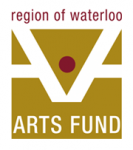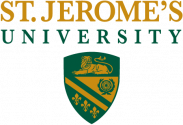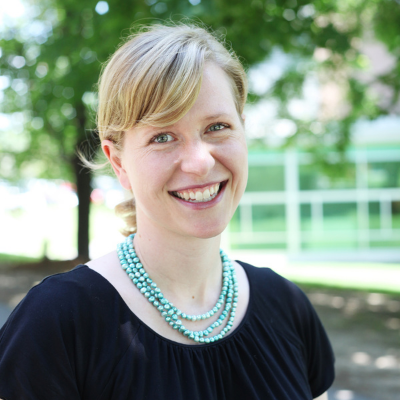
Join host Claire Tacon on Parallel Careers.
Claire Tacon is the author of In Search of the Perfect Singing Flamingo (Wolsak & Wynn), which was the 2019 Hamilton Reads selection. Her first novel In the Field (Biblioasis), was the winner of the 2010 Metcalf-Rooke Award and her short fiction has been shortlisted for the Bronwen Wallace Award, the CBC Literary Prize and has appeared in various journals and anthologies. She has an MFA from the University of British Columbia and has been a lecturer at St. Jerome's University since 2011.

On creative writing in the Canadian classroom:
"A lot of the students who come into the class have focused on a Western perspective of what poetry is or what it looks like. Or it’s not a very diverse experience of literature. In my class we try to find writers with different backgrounds so the students get an understanding of what it means to be Canadian in the 21st century, to be a Canadian writer in the 21st century."
Visit the episode page to listen and check out web exclusive content.

On opening up the possibilities of poetry:
"We don't ask the question 'What is this poem saying?' That's a very simple question. We have to ask what is this poem doing? When we begin to discuss what poetry is doing, we can think about how it works, its techniques, its ways of meaning."
Visit the episode page to listen and check out web exclusive content.
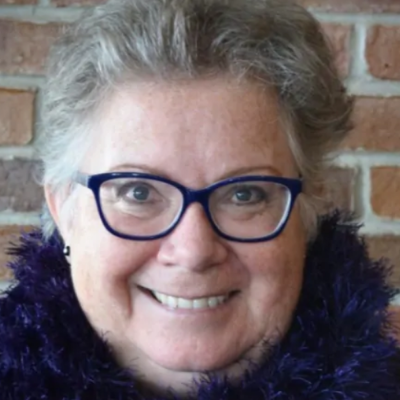
On disability activism in the teaching process:
"What I always focus on is an understanding that disabled people are 23% of the population, which means 23% of every population. And that's often a real shock to people who tend to think of disabled people as only being white. In this world of Black Lives Matter one of the first things Black disabled activists say to us is that we have to also understand that Black Disabled Lives Matter."
Visit the episode page to listen and check out web exclusive content.
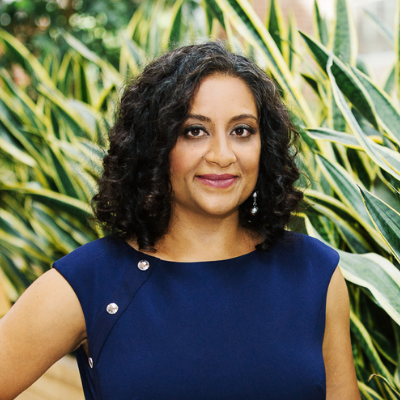
"I know that as a participant, it's really the experiential exercises and the networking with the other people—hearing what they have to say and realizing I'm not alone. All of that is really what I take out of workshops, not what the lecturer at the front of the room is doing. And so I think the teacher's job is to facilitate people getting, moving, doing their own work, and then sharing with the group."
Visit the episode page to listen and check out web exclusive content.
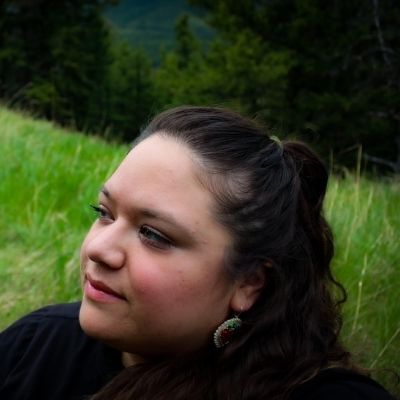
“For me, poetry is really where my heart lives. And the reason why these poems that are maybe such short emotional bursts is because that's how my heart functions. I definitely know I'm not a super technical poet. I'm not a structural form poet. My poetry is just me heart-speaking. And that's it. And that's all I want it to be. And that's all it needs to be.”
Visit the episode page to listen and check out web exclusive content.
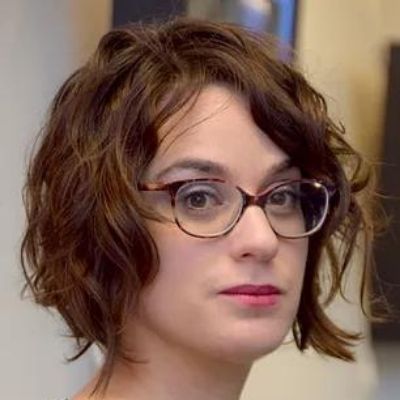
On empowering students in the classroom:
“Many people have lifted me up and have given me a helping hand in my career and I wouldn't be here without them. And so the more I can do to pull up the next generation, the more I will do. And that's what teaching is all about.”
Visit the episode page to listen and check out web exclusive content.
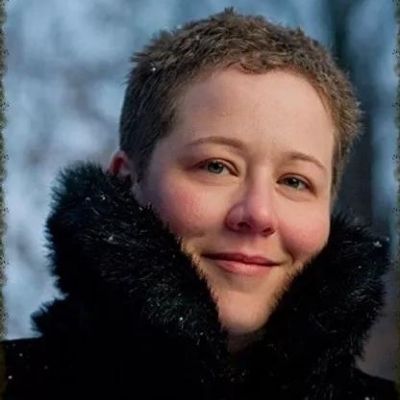
On the lightning bolt of inspiration:
“My own background in physics has taught me wonder. As a poet, we deal mostly in metaphors and a metaphor says that this is that—that's what equations do too. Equations say that mass is energy. Just being able to throw yourself at the universe and find out everything you can is a great background for a scientist or for an artist.”
Visit the episode page to listen and check out web exclusive content.
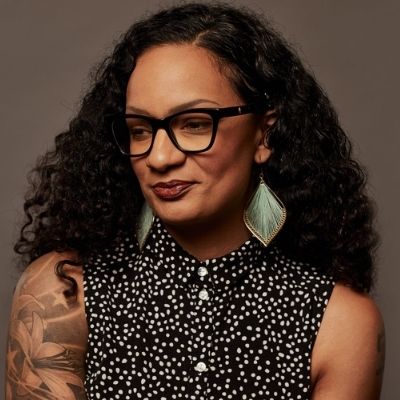
On creating new containers for learning:
“When I think about teachers as gatekeepers, I think deeply about privilege and what our access to information and knowledge looks like. I recall a lot of the opportunities that have been offered to me came from a teacher just paying attention. And so when I think of gatekeeping at that smaller scale, it's also the teacher needing to pay attention to that and to open the door and say: Hey, you. You can come into the space. It's totally fine.”
Visit the episode page to listen and check out web exclusive content.
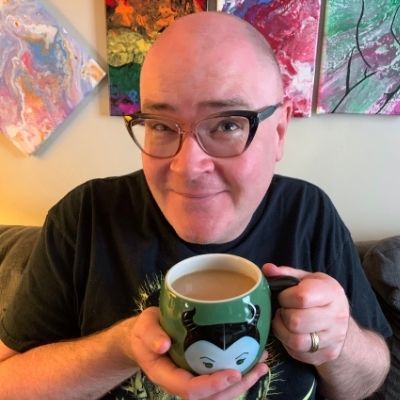
On constructing and disrupting:
"I talk about speculative fiction in particular, as theory given characters and taken form. And so, rather than it just being a theoretic concept out there somewhere, it becomes this very specific—here's a character that embodies this theory. Here's a world that embodies this theory. And then we play it out."
Visit the episode page to listen and check out web exclusive content.
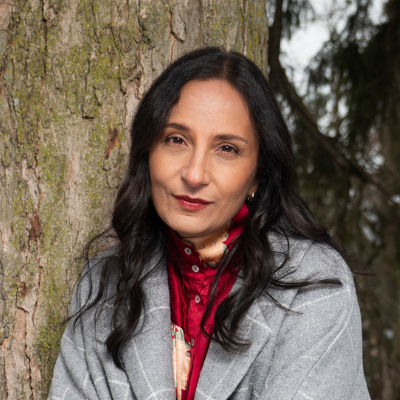
On challenging the divide between art and science:
"Writing is something that I really come at as a writer. And I think, like many writers, we all bring our lenses to what we write. Science — now I'm realizing more and more — it's an entire language. Which, of course, has a culture associated with it as all languages do. And I bring that language and culture to my writing"
Visit the episode page to listen and check out web exclusive content.
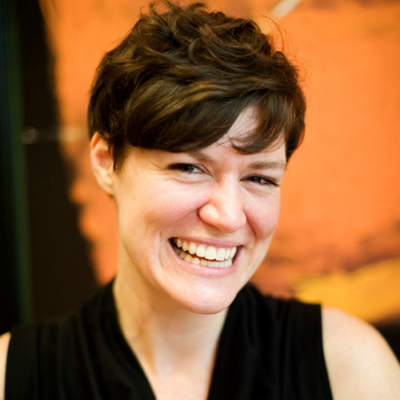
On how poems anchor us in the world:
"I think with a poem, you always want to have something at stake that you just are not going to be
able to
answer, but you keep trying to get at it in this way, in that way, in this way."
Visit the episode page to listen and check out web exclusive content.
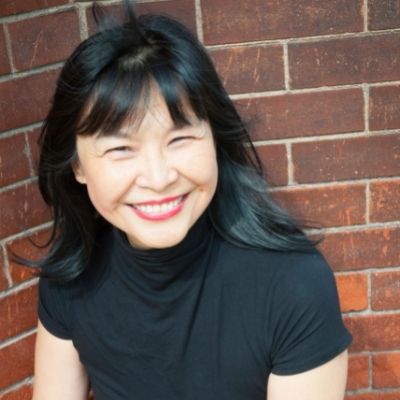
On challenging established ideas about craft and teaching:
"Writing's my playground. So I feel very free. I feel, you know, we're in a world where there's not a lot of freedom. I feel like I'm free on the page."
Visit the episode page to listen and check out web exclusive content.
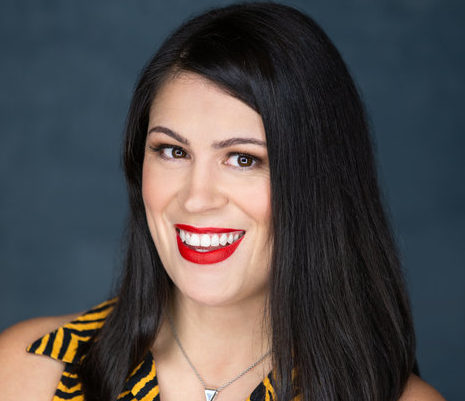
On bringing humour to cultural critique:
"I think I was a bad writer before I discovered that I could use humor effectively and that I could use it at all. Being able to crack into just something and use humor kind of broke open a little bit of a creative gate that was really holding me back."
Visit the episode page to listen and check out web exclusive content.
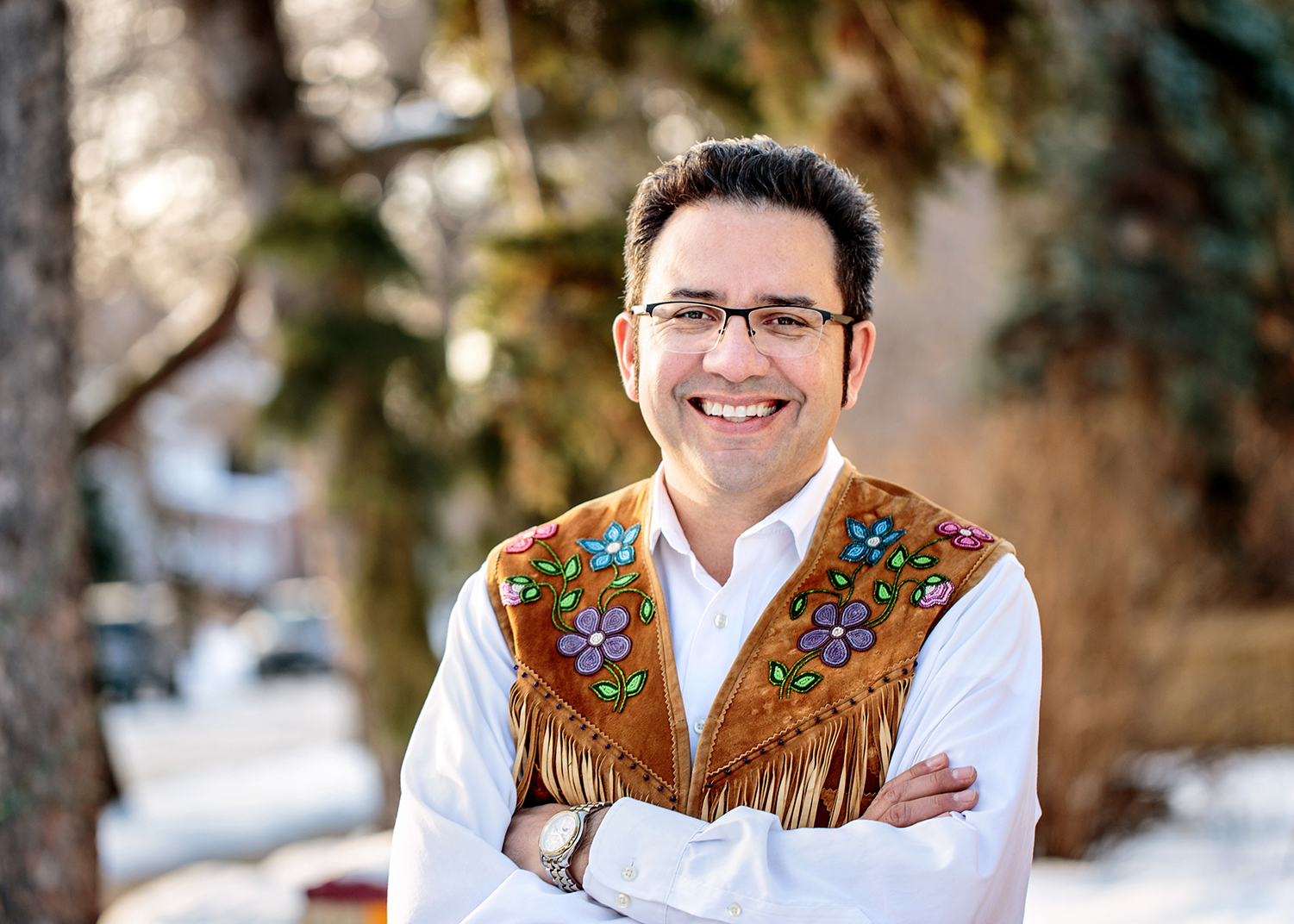
On the future of Indigenous literature:
“You want to be continually energized by your students. And that's really the dance of mentorship. And that's the gift of mentorship, is that when you finally get an afternoon to return to your own work, you're going with that hunger that they showed you all the time.”
Visit the episode page to listen and check out web exclusive content.

On writing about contested places and giving voice to our community:
“I think that there's something inspiring to students about knowing that I don't come from an academic background. My career experience in my thirties—I was a waitress and a house cleaner. So I think that that's actually a good balance to have in an institute that teaches something creative.”
Visit the episode page to listen and check out web exclusive content.

“I don't believe that I would be a writer if I wasn’t Deaf. I think that being born deaf kind of derailed me from the kind of path that the men in my family tend to take. My dad worked for CN Rail, and my brother worked for CN Rail, and my dad's dad worked for CN Rail. So being Deaf kind of took me away and steered me away from that path and down a more artistic and imaginative path.”
Visit the episode page to listen and check out web exclusive content.
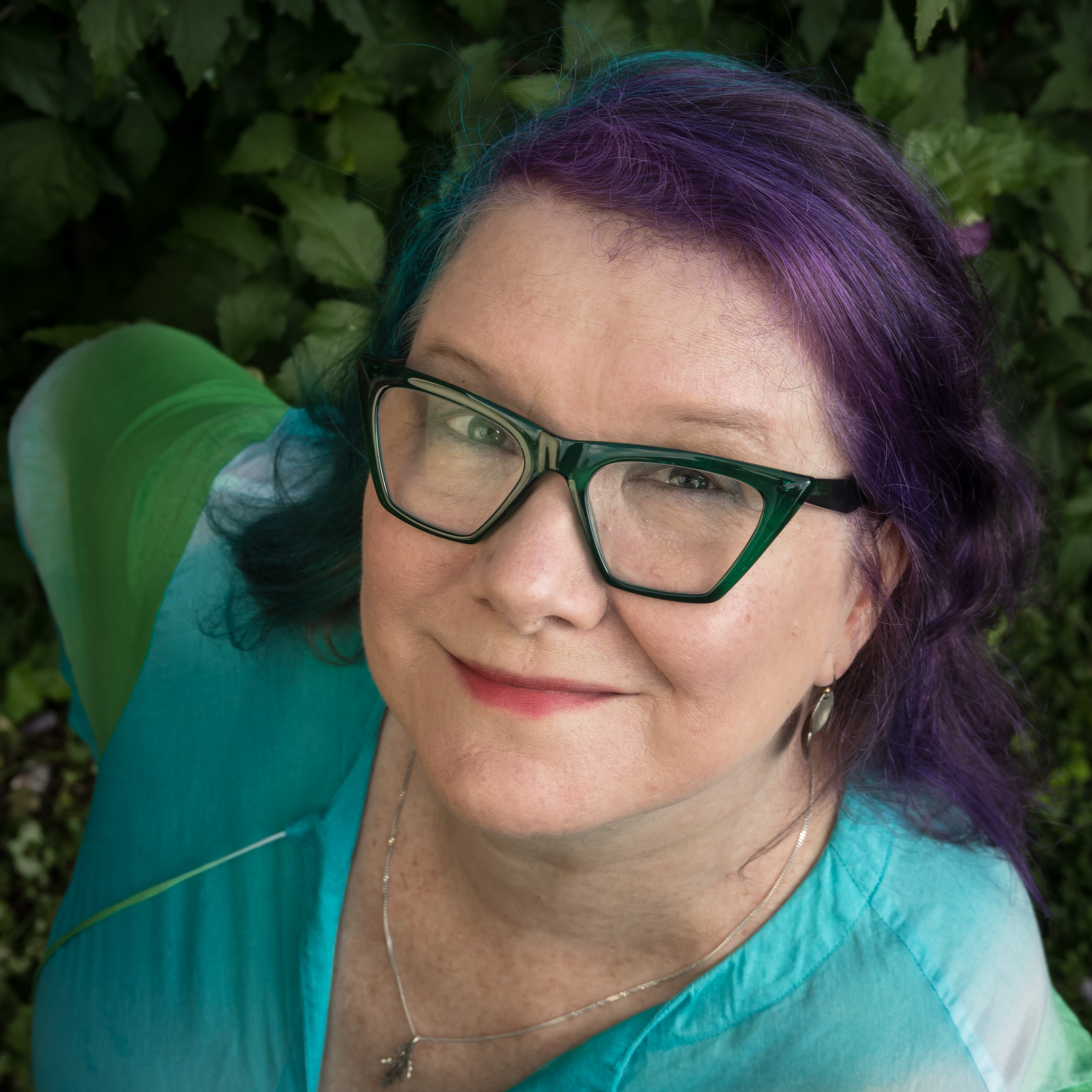
“The other thing I say in Out of Line after ‘if you don't have community, art will break your heart’ is your heart will be broken anyway, eventually, but it's better with community. You will recover faster and you won't die of heartbreak if you have community.”
Visit the episode page to listen and check out web exclusive content.
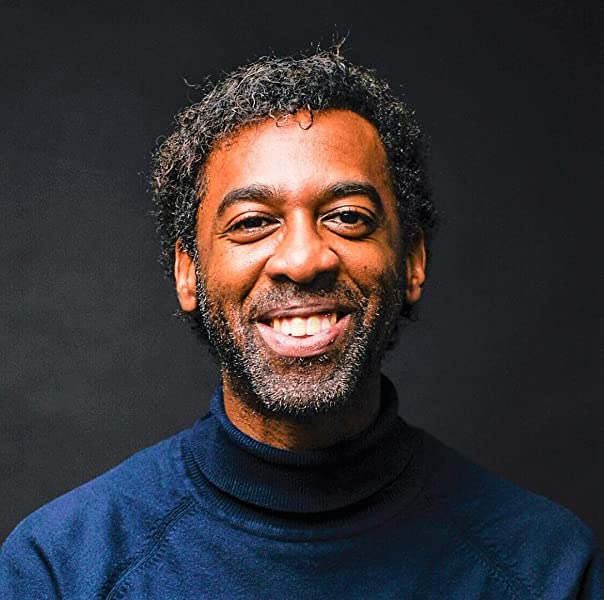
“I think it's really important, even if you are not, you know, not gonna be a writer, to still acknowledge that you have right to creative production. There's nothing that says that you have to stop drawing or, or painting after middle school or high school. Celebrate your capacity to make something out of nothing.”
Visit the episode page to listen and check out web exclusive content.
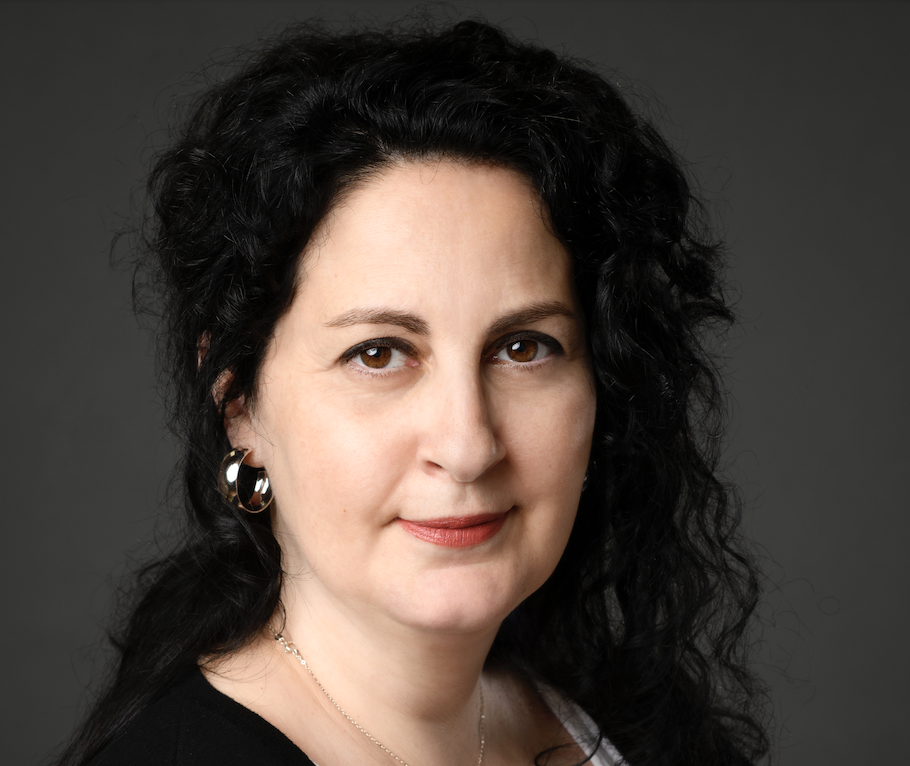
On teaching with compassion and how she uses humour as a superpower and a shield:
“The entire goal for me with writing—it's like that moment, when you read a sentence that is so true that it hits you in your heart and you think it's like the writer’s just whispered into your ear and you feel seen by something that someone has written, even in another country, in another time. And this is what the value of this is. You are connecting to the universal experience of being a human being. And the more that we can do that for each other, the more we're building bridges instead of burning them.””
Visit the episode page to listen and check out web exclusive content.
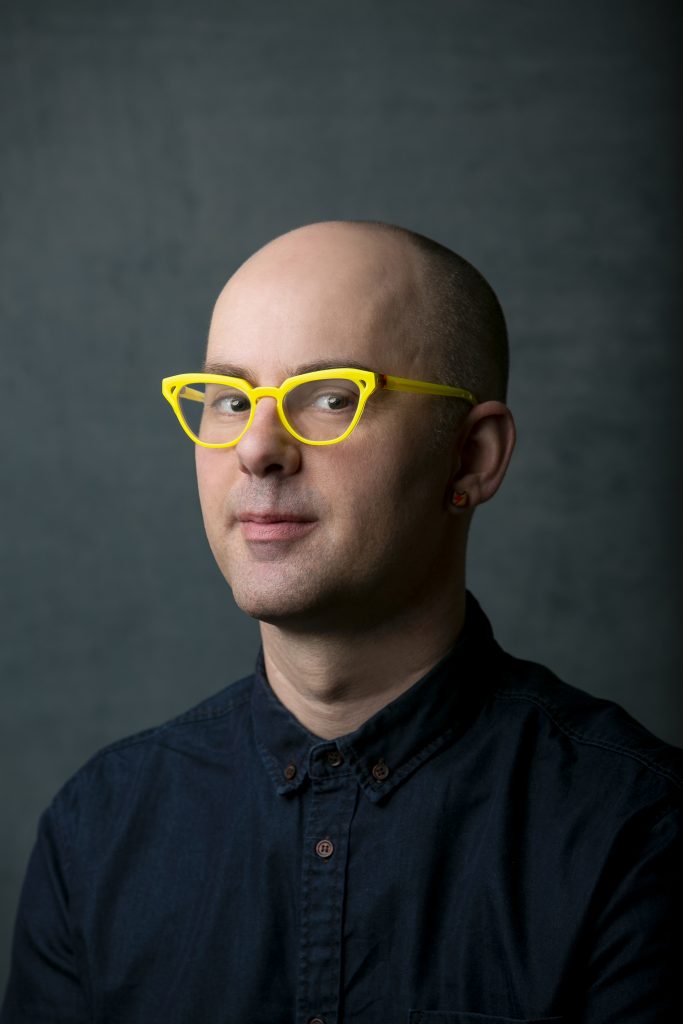
“Mostly when I'm teaching, I am trying really hard to get out of the way of the student's own creative process. So I don't want to dictate what students make. I like to give a writing prompt that invites them to source their own material, to give them a degree of choice in how they find what they want to write about. So I trust a lot in the unconscious, that the unconscious is just going to deliver something that has value for them. Because the unconscious doesn't like to waste its time.”
Visit the episode page to listen and check out web exclusive content.
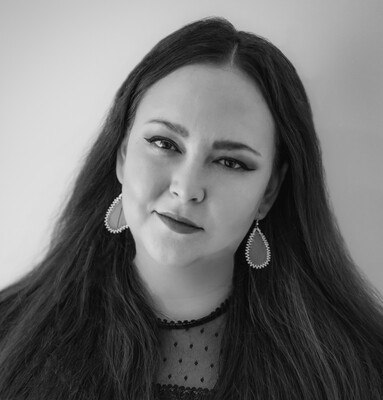
“I certainly see the plasticity and the infinite possibilities there are within language as a way to expand the limits of the quote unquote world and a way to dream of another world where liberation is possible. And to try and, in some way, approach it in language as a way of possibly immanentizing it. Some people might think that's sort of anarchical or utopian, but I think that one needs the audacity to be able to dream of these things. And that is what I'm trying to do in
language.”
Visit the episode page to listen and check out web exclusive content.
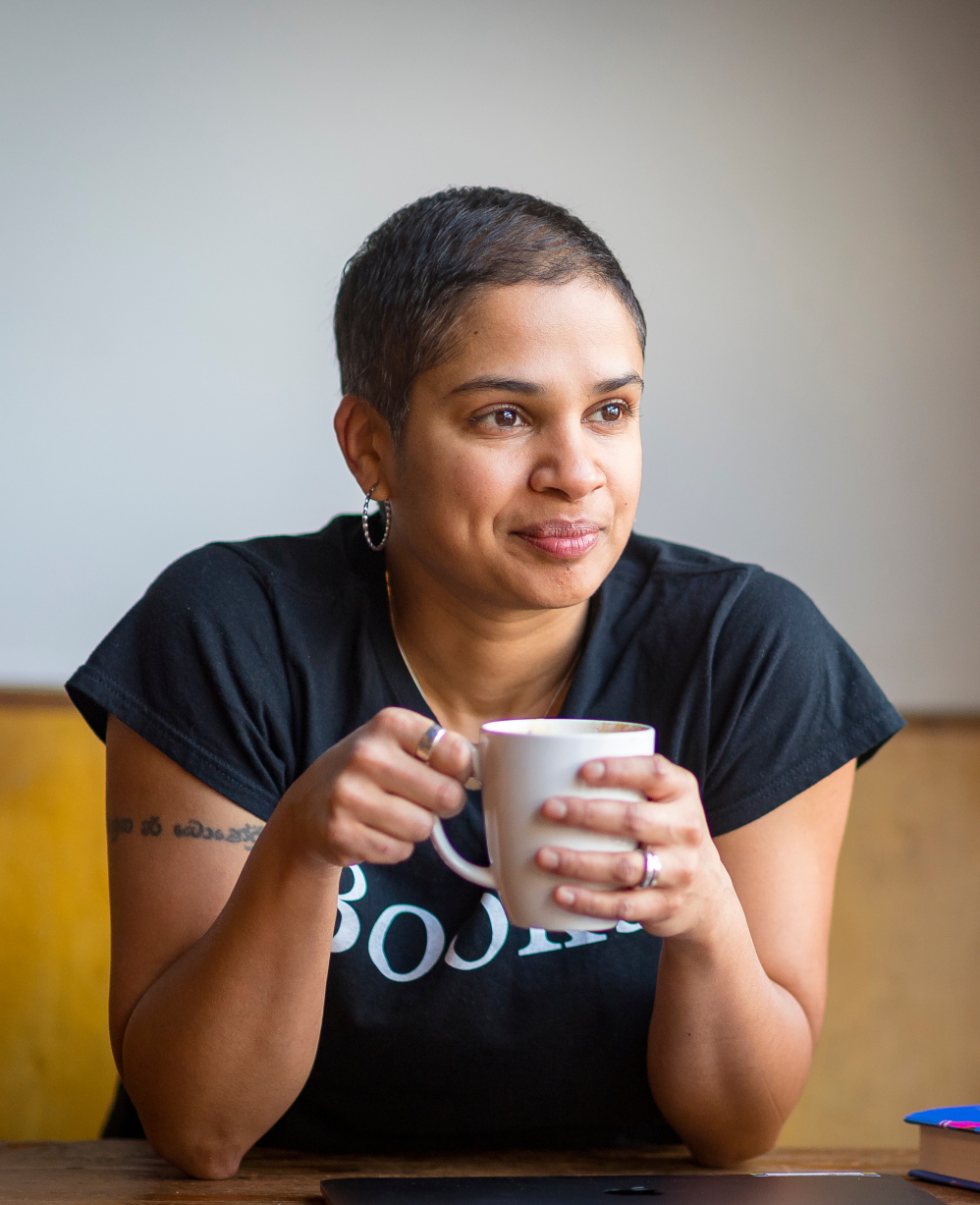
“I always say that I learned to be a writer by teaching. I didn't take a creative writing course in high school. I didn't take any creative writing courses in university. I really credit teaching writing with my knowledge of writing, which seems kind of backward, but having to understand writing enough to teach it, I felt like I knew enough about the writing process when I started writing Kings, Queens, and In-Betweens, enough to get something down on paper..”
Visit the episode page to listen and check out web exclusive content.
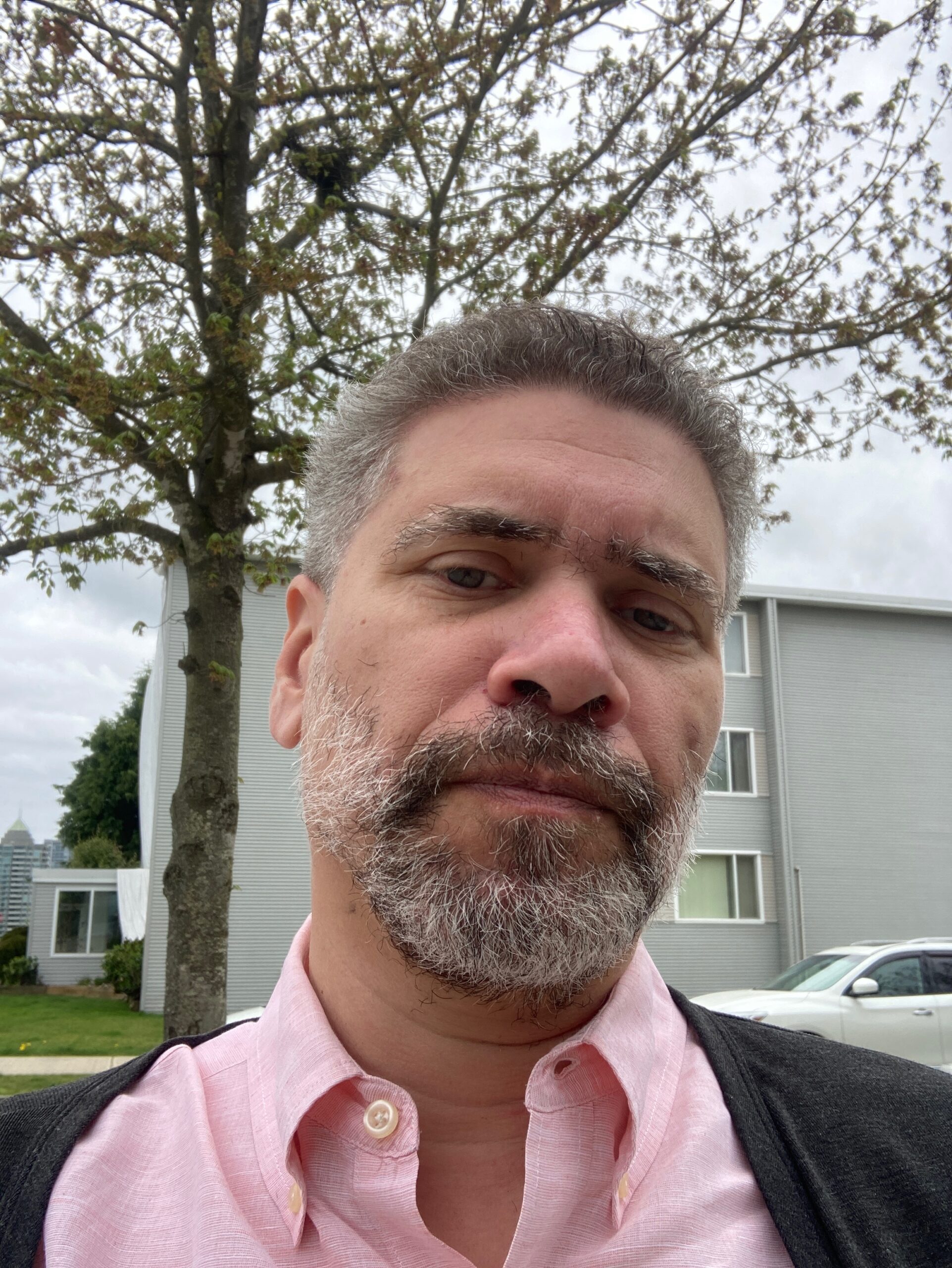
“What I tell my students is that, you know, when they publish someday and work with an editor, it'll be a breeze. Because if you spent two years or more workshopping your work creatively, where you've got 20 people telling you their opinions about it and what they like about it, what they didn't like about it—that's far harder. What they're doing in, in a creative writing class is far harder than working with an editor later, where you're just getting one person's opinion. And I tell them, at this point, I'm like, if somebody has a piece of advice that will make this thing better, I'm taking it. I don't have any anxiety over influence or anything like that.”
Visit the episode page to listen and check out web exclusive content.

“It's essential when we're writing non-fiction for it to be non-fiction. My experience has always been that f**king with the facts f**ks with the emotion. And so sometimes it's because you think that fudging the facts will get you to the truth faster, or will get you to the emotion faster. But often what it gets you to is a surface emotion. False facts get you to false emotion. So sticking with the facts, trying to work your way on the page with the messiness of human experience brings more nuance to that emotional truth that you're trying to get at.”
Visit the episode page to listen and check out web exclusive content.
